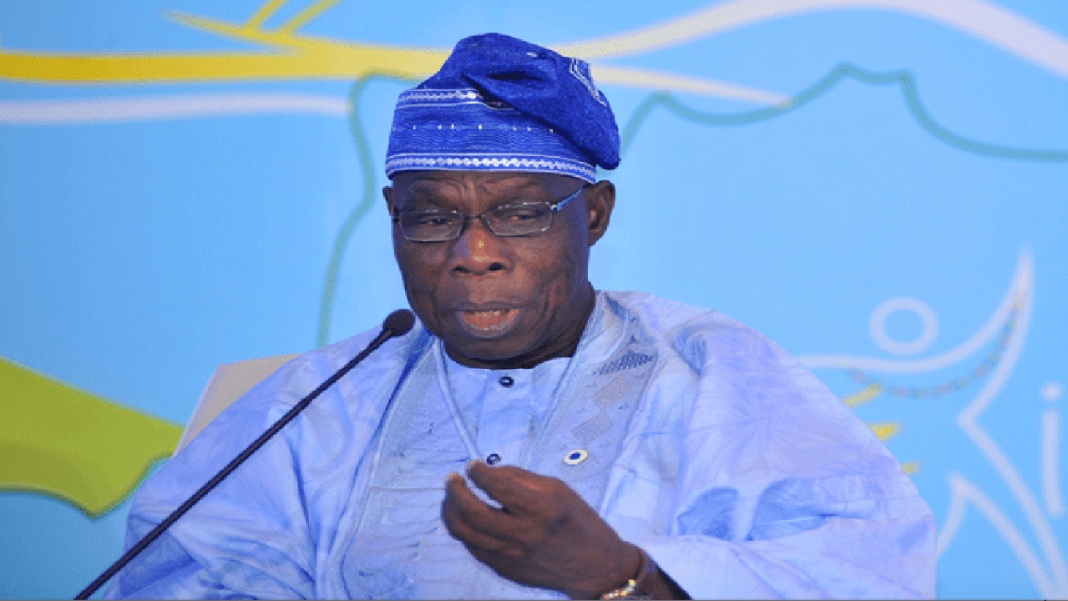Former President Olusegun Obasanjo has shed light on the reasons behind his imprisonment by the late General Sani Abacha.
Obasanjo, speaking on his decision to run for president in 1999, also emphasized that his motivations stemmed from a desire to prevent Nigeria’s disintegration.
In a statement released on Friday by his Special Assistant on Media, Kehinde Akinyemi, Obasanjo revealed that his outspoken stance on both national and international matters led to his incarceration under Abacha’s military regime in 1995.
Obasanjo shared his personal journey, explaining that after retiring from military service at age 42 in 1979, he embraced farming as a way to contribute to Nigeria’s development.
However, his outspoken nature eventually led to his arrest.
“I joined the army and retired at 42, but I was still young, energetic, and dynamic. So, I took up agriculture. During that time, I was imprisoned, something I didn’t want,” he said. “Going to prison was a challenge, but I ended up there because I refused to keep quiet. I always spoke out on issues that mattered, and that landed me in prison.”
Obasanjo continued, reflecting on the state of Nigeria upon his release, noting that the country’s situation was so critical that many urged him to intervene.
“When I came out, the situation in the country was so dire that some people felt it needed saving, and pressure mounted on me to intervene,” he added.
The former president also addressed Africa’s growing debt crisis, criticizing the reckless borrowing and corruption that fueled it.
He cited an example of a Nigerian state that borrowed funds for a carpet industry that never came to fruition, yet the debt continued to be repaid.
Obasanjo made these remarks while hosting a delegation of youths from across Africa, under the Future Africa Leaders Foundation.
The group included 10 winners of the prestigious Future Africa Leaders Awards. The delegation hailed from countries such as Libya, Morocco, Guinea Bissau, Kenya, South Sudan, Malawi, Egypt, Cameroon, Togo, Ghana, Lesotho, Rwanda, and Burkina Faso. Pastor Sylvester Ebhodaghe, Head of Media and Government Relations for the Foundation, accompanied the group.
